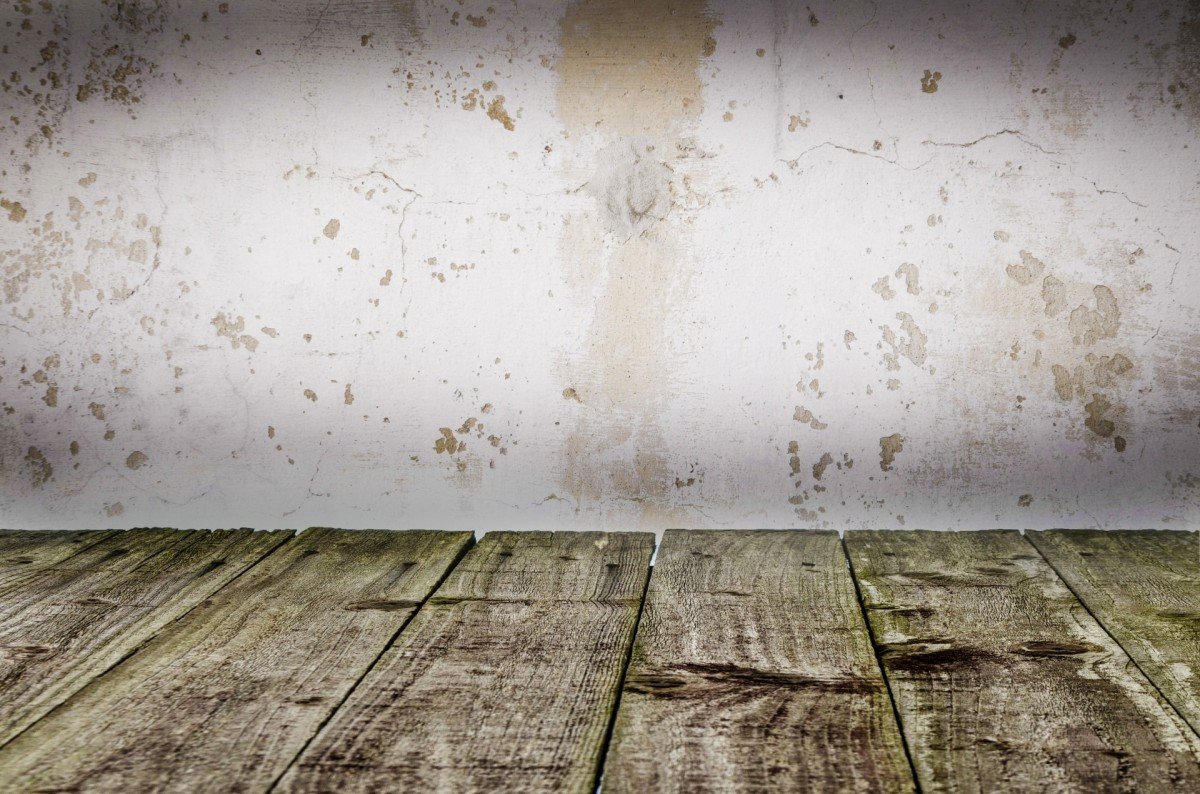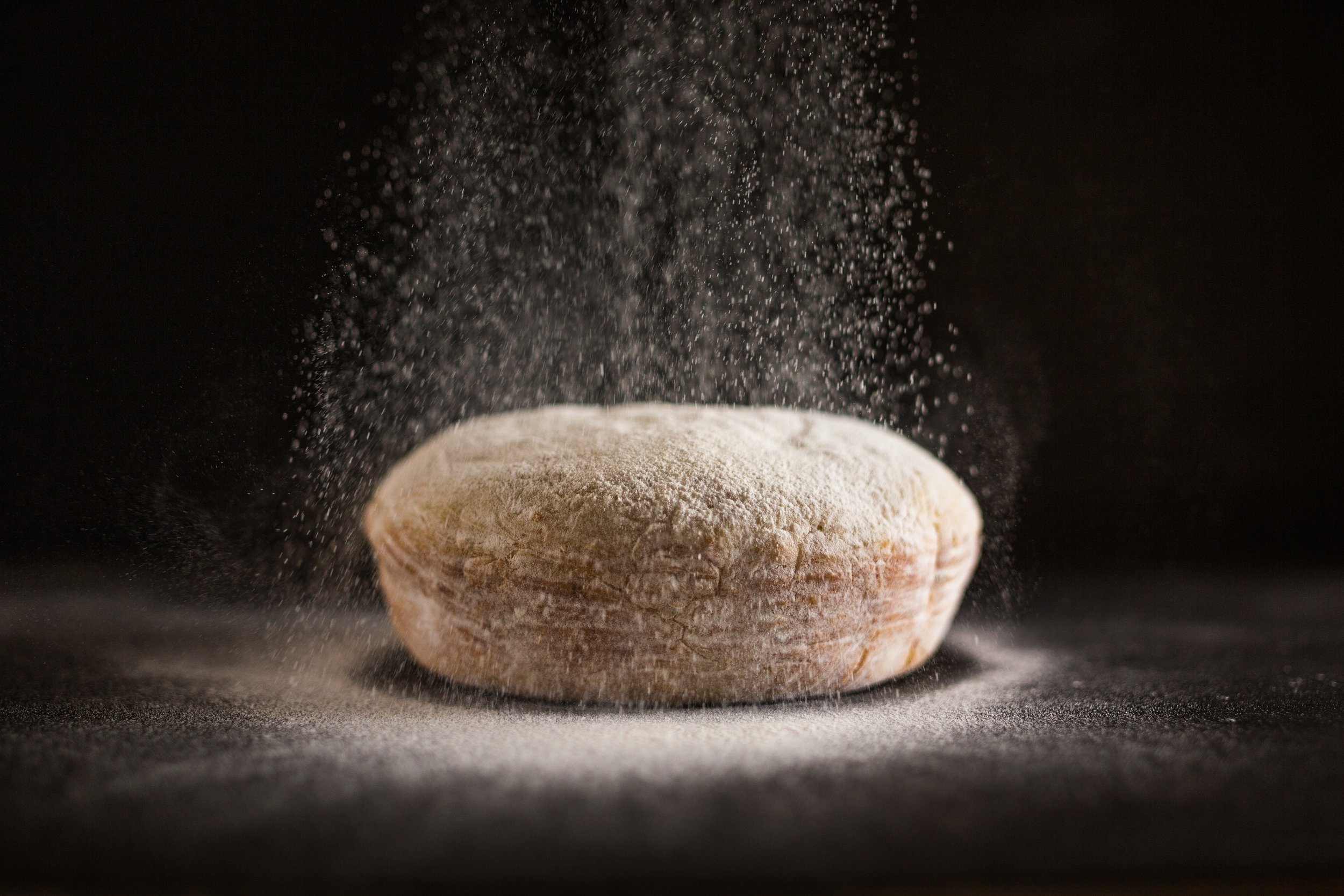
Water Marked “blurs the boundaries between prose and poetry, life and art.”
ANITA DESAI | AUTHOR OF THE ARTIST OF DISAPPEARANCE
A note in the mail announcing "He's been alive. He died last week," summons Sunday Owens from Chicago to her native town. It's been five years since she's seen her sister, Delta, but more draws her to their childhood home than a desire for reconciliation with Delta; Sunday returns to claim her story and to unearth the secrets that have shaped her since her father disappeared. Looking for clues to their father's past, they comb through the accumulated mementos of their old house and trade stories and childhood memories. A new portrait of the Owens family gradually emerges as Sunday and Delta grapple with why their father chose to abandon them. Meanwhile, they confront their own personal struggles and work to repair the tattered bonds of sisterhood. Resonating with mesmerizing language and deep emotion, "Water Marked" shows how family can both heal and hurt, and how the past can reach out for you no matter where you are.
PRAISE FOR WATER MARKED
"Water Marked is an engrossing novel in which the search for one truth leads to the disclosure of many."
—The San Diego Union Tribune
"Lee... writes luminous, unself-conscious prose. Reading Water Marked, you are struck by the dire story, but even more by the beauty with which Lee pencils in the details of the characters' lives."
—The New York Times Book Review
"A novel of great ambition and achievement. . . about the power and the pain of memory, about the stumbling, staccato rhythms of family, about finding a way to go home again."
—Valerie Boyd, The Washington Post

“The train crossed the landscape as if pushing through memory...”
from Water Marked, Chapter 1
THERE HAD BEEN NO WORDS for naming when she was born.
She was "Girl Owens" on the stamped paper that certified her birth, and at home; she had just been "Sister," that was all. When asked to decide, at five, what she would be called, she had chosen "Sunday," time of voices, lifted in praise.
She climbed aboard the morning train with a small suitcase and the note which had summoned her home. "Three days I'll stay," she mumbled as the train pulled away, "three days." For the first time in five years, Sunday Owens was bound for the small, damp town that had formed her, determined to recover the parts of her story she had tried to refuse. She had set offer Chicago half her life before, trying to take with her only what had been resolved and chosen, deciding to leave Girl Owens and Sister behind.
Squinting through the train window's scratches and smudges, she looked for the landmarks that would tell her she was drawing close to home. After wiping the glass with her scarf, she recognized a wall of interlocking fieldstones which ran along the tracks and then digressed to mark as separate two neighboring farms. Alone in a vast field, harvested of corn and soybeans, stood the tiny, clapboard building whose sign boasted "Smallest Church in the Whole Midwest." The naked field became a reservoir, and then a parking lot, and in the distance Sunday saw the aged windmill, its four arms still in motion like a resolute and weary Hindu god.
The train crossed the landscape as if pushing through memory, flashing the past to Sunday's left and to her right. It was the territory between home and home, witnessed from her many standpoints of departure and return.
At the end-point of her train ride waited Delta, last of her blood kin, the sister who was five years older and had never left home. And with her were the dead, their treasures and their crimes half-buried, their secret lives untold. All that Sunday had forsaken lay behind and before her, and she was sure of only a few things. She realized that she had to go back and somehow discover the father whose absence had defined her life. And she knew that in order to find him, she would have to be a sister first.
Folding and refolding her Cafe Car napkin until the creases broke its smooth paper weave, Sunday looked out at a trail of flimsy new buildings, identical in their design and their early decay, and wondered if the land remembered the trees and crops that had given way to asphalt and brick. Home to discount shopping centers and dwellings with low-ceilinged rooms, did the soil mourn its former life?
As the train pulled away from the platform of the final stop before home, the graffitied embankment of boulders slid past her window, announcing, "Tyrone was here," "Rita Loves Wayne."
"Three days," Sunday repeated to herself as she opened her bag and found Delta's note, staring at the postmark for "LYNCHBURG, IL."
The black residents of the town had refused to call it by that name, opting instead for the county title, Sault, 'assigned for the leaping rapids of its river. Even then, they spelled and called it "Salt," despite the dictionary's pronunciation, ''So~.''
When the note had arrived, two months before, Reed had brought it to the kitchen that was also her painting studio. He had tried to assess the stage of her work before entering the room, and she looked to be finished working, in the midst of cleaning up. "There's word from your sister," he had said, and she had reached for it without cleaning her fingers, smearing the envelope with paint. Instead of the usual Hallmark card, she had found a sheet of white paper, folded once and unsigned.
She had stared at Delta's words until they ran together, and then she had handed it to Reed and stumbled to the living room couch as her sister's words filled her chest, ballooning out and contracting as if the rounded letters themselves were breathing. Pressing her face into the couch cushions, she tried to stop it, to sort it, to place herself within the spin.
Reed found, as he held the note, that the looped script was overlaid with Sunday's thumbprints, left in paint. Through a screen of smudges and tiny, cobalt cyclones, he read its message: "He's been alive. He died last week."

“They had made a circle of women happen and they had made bread rise.”
from Water Marked
Delta and Sunday had received most of their information about the I world from Nana's kitchen, even though they had a radio and, later, a TV: That was where they had heard about the danger of violence from "the other group," news of which was sent by networks of friends and family spread out across the states. As the Bread Ladies worked and shook their heads, Delta and Sunday heard about white folks and their troubling ways.
She and Sunday absorbed the little bit they knew, in that gathering place lit by dissipating afternoon light, about Mercury Owens's departure and the things it had wrought. The women expressed their struggle for compassion and their puzzlement. "Life's a messy business," one of them said, her hands tossing flour across the table, "but when's that not been so?" They discussed it indirectly, guardedly, but the girls realized, over time, what they were talking about, and whenever the subject of Mercury came up, Valentine Cross just shook her head and sucked her teeth.
"How's Dolora" the others would always ask, carefully, and Nana would answer evasively, "Making it. She's making it through."
They liked to pass around a jug of dandelion or currant wine that Nana had brewed, hiding it in coffee cups in case Grandpa returned. Everyone would take some except for Valentine, who never did approve of drink.
At some point, Nana would start the singing. She would begin by clapping and humming, and then a few words blossomed into a hymn or a work song or a shout. The others would join in, one by one, until the place was vibrating with everywhere they had been that week, and there was no stopping between songs. Their voices rolled from one melody into the next.
And Delta liked to wind among the women and make white flour clouds with her clapping hands.
Those women had referred to their Saturday afternoon activity as a task that had to be done. They worked hard to make the bread that would feed their families in the coming week, and the ones that would go the next day to church, mixing and kneading and Iining up the loaves as they came out of the oven and the rising dough to be carried home for baking. But it was their communion time, and they would never have given it up.
As they finished, they washed up and straightened the room; leaving it as it had been when they arrived. They took their aprons off and thanked Nana for her kitchen and their Ume together, and said goodbye until the next morning at church.
Nana would begin their cherished Prohibition toast before they left. "Well," she would say, picking up her glass, "here's to lying, cheating, stealing, and drinking" and the Bread Ladies would gather round the table, laughing, and lift their mugs of wine, all except for Valentine, who stood with the group even though she refused to drink. The others would pick up the next three lines.
"Lie only to save a friend," one would say, and then another would add, "Cheat death," and they would all respond with "Amen."
"Steal the heart of the one you love," a third would contribute.
And then Nana would finish as they clinked glasses, "And drink only with the best of friends," reaching out to embrace each one of them with her working, praising hands.
It was to those hands, injured so long ago she never even talked about it, that Delta had always turned. Dolora's hands had been there, plaiting and arranging and cleaning, doing for her daughters in a consistent, daily way, even though the person connected to them had seemed ever-distant. But Nana's fingers, warm and receptive, had kept something within their lives vital. They had made a circle of women happen and they had made bread rise.
